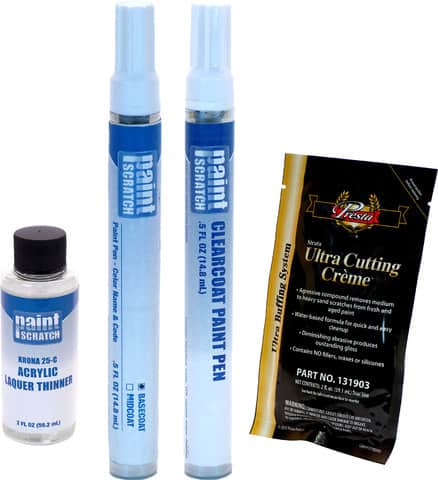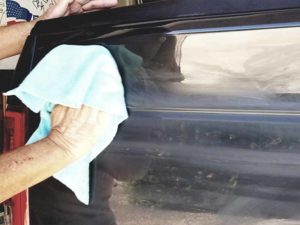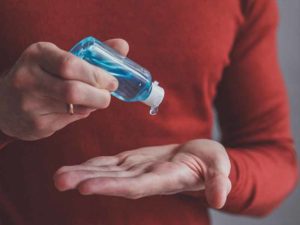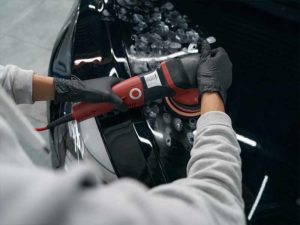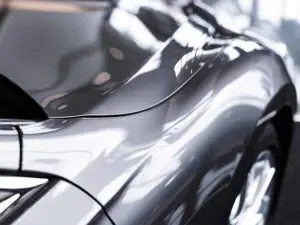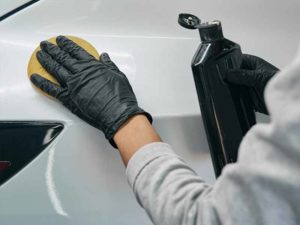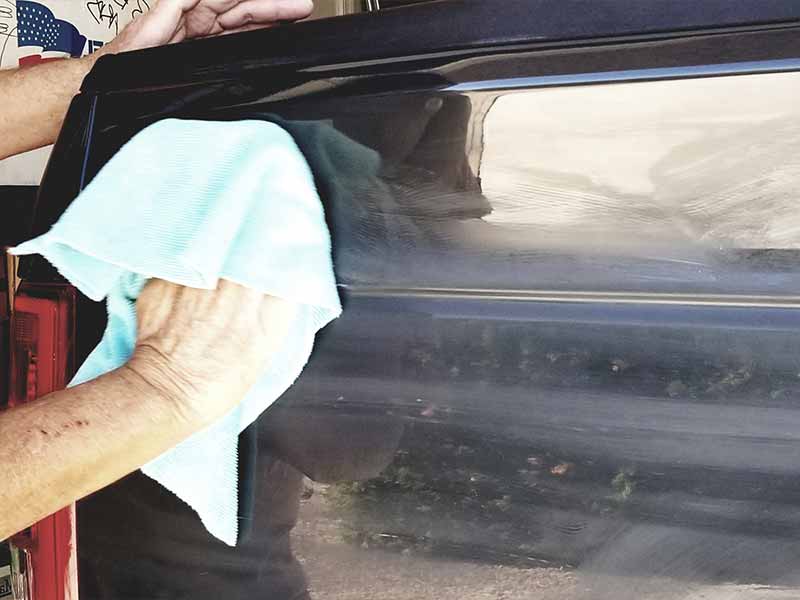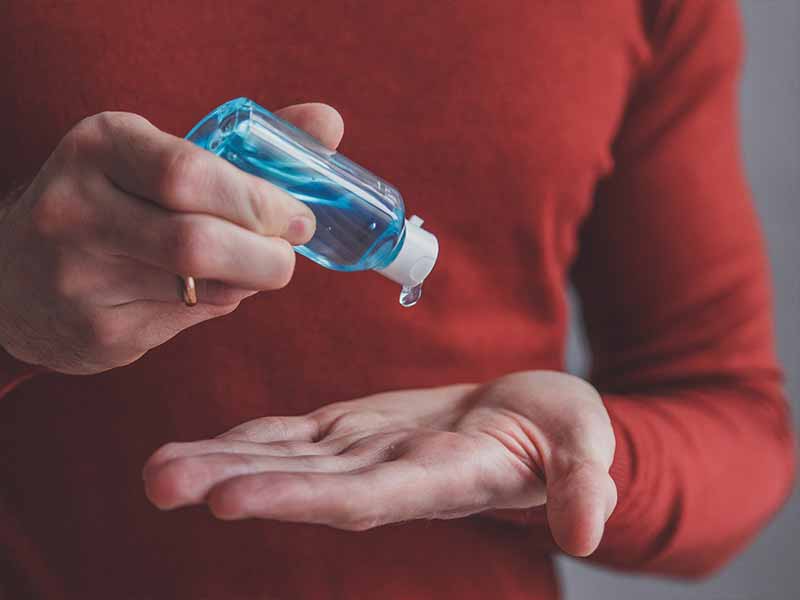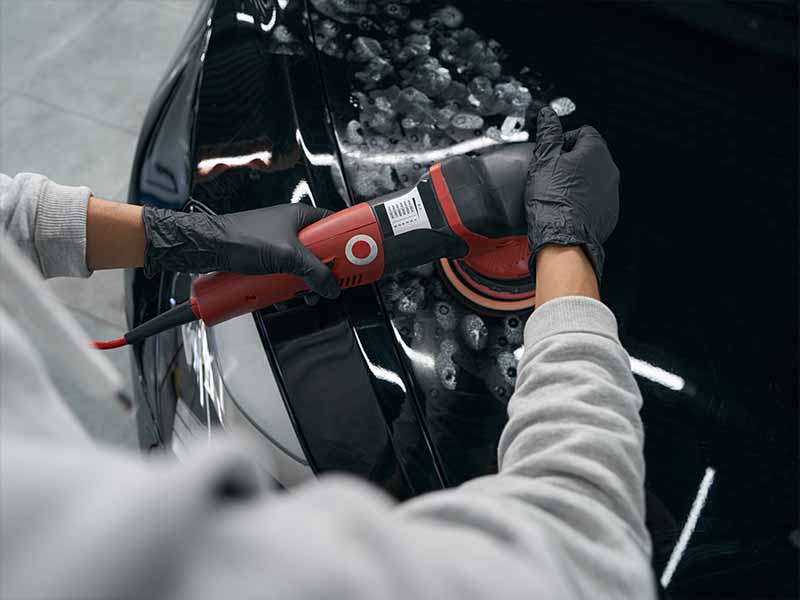Table of Contents
- How To Prevent Rust On Car Scratches
- Will Touch Up Paint Prevent Rust?
- How Long Does It Take a Car Scratch to Rust?
- Does Insurance Cover Scratches on a Car?
- Will a Car Rust If Scratched?
- What Should I Do If I Scratch My Car?
- How Can You Tell How Deep a Car Is Scratched?
- How to Fix Car Scratches Yourself
- Will Toothpaste Remove a Paint Scratch?
- Helpful Links
- Conclusion
“It’s only a scratch.” We’ve all said it. The scratch on your vehicle is often much deeper than initially anticipated. However, just like that scratch, you suffered last week at work was a much deeper gash than you originally thought.
Even when the scratch is genuinely just a scratch, and you want to put it off until you have more time to deal with it, it can quickly become a more severe problem for you to have to deal with.
How To Prevent Rust On Car Scratches
Touch-up paint on a car paint scratch that has penetrated down to the metal will help prevent rust from developing.
Prior to applying touch-up paint, you should remove any existing rust however.
A sanding pen is the perfect tool to get into fine but deep scratches and remove rust.
Will Touch Up Paint Prevent Rust?
One of the most effective options for repairing a scratch and preventing rust is using touch-up paint. Touch-up paint works well for minor nicks and scratches and areas where paint may have flaked off. If you decide to go this route, make sure to get the right color. Your best option is to go to the dealership, as they’ll be able to get the exact color of your vehicle. In addition, use a primer to create a solid surface for adhesion.
Once the primer and touch-up paint cover the scratch, the scratch is no longer exposed to the elements. As a result, the scratch won’t be at risk of rusting any longer.
Before you get started, make sure to wash and dry your vehicle thoroughly. Pick out any loose paint with a putty knife, and then use 150-grit sandpaper to sand away the surface rust. Use 600-grit sandpaper to smooth out the edges of the scratch. Be gentle as you sand to avoid making the scratch larger than what it currently is. A clean rag should be used to wipe away any dust from the sanding process.
Before you begin to apply the primer and touch up paint, make sure to apply a rust converter/protector to the area. This will add an extra level of protection moving forward.
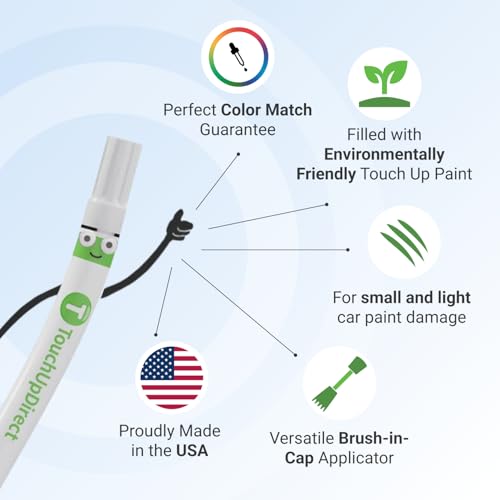
How Long Does It Take a Car Scratch to Rust?
Because rust is such a serious problem, it is important to know how long it takes for rust to take over a car scratch. In all honesty, it doesn’t take long. However, the exact timeframe will depend on your climate and the severity of the scratch.
When bare metal is exposed to water and oxygen, the oxidation process essentially begins immediately. If you live in a climate with moisture and salt, and you have a moderate to deep scratch, you may notice rust in as little as a few days.
This is why scratches must be repaired as quickly as possible once they are noticed.
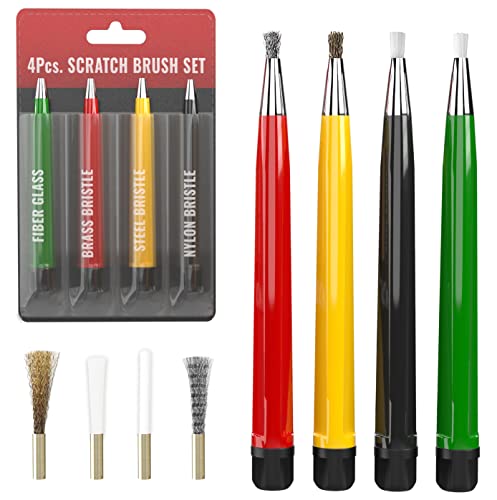
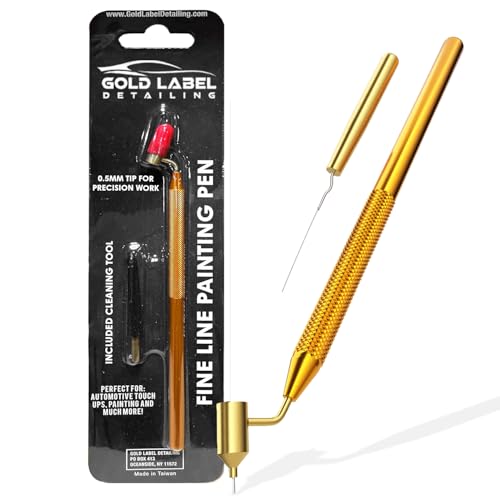
Does Insurance Cover Scratches on a Car?
As long as you have comprehensive and collision insurance coverage (aka full coverage auto insurance) and the scratch on your vehicle resulted from a covered peril, then your auto insurance should cover the damages.
Keep in mind that you will be required to pay a deductible. Therefore, there is a chance that it may be more affordable to pay for the repairs out of your pocket.

Will a Car Rust If Scratched?
If your car is scratched, whether while driving down the road by a tree limb, a shopping cart in a grocery store parking lot, or a key by someone just flat out being mean, there is a chance that the scratch can rust.
This oxidation occurs as soon as the bare underlying metal is exposed to the various elements. Road salt and other contaminants speed up the process of oxidation. You should remove surface rust immediately to keep it from spreading. Still, more importantly, you should take the proper measures to prevent rust in the first place, such as washing and waxing your vehicle regularly and using a car cover or parking your car in the garage to keep your car dust-free.
What Should I Do If I Scratch My Car?
If you notice a scratch on your vehicle, it is imperative to take action immediately. In doing so, you can prevent rust from developing in the scratch. You can choose to do this yourself or have a professional auto body shop tackle the repairs for you.

How Can You Tell How Deep a Car Is Scratched?
Before you can even think about repairing a scratch to prevent rust from taking it over, you must figure out how deep the scratch is. To do this, you will not need any special tools. All you need is your finger/fingernail!
Run your fingernail across the scratch and see if it catches at any point. If it does not, then you have what is called a surface-level scratch.
If your fingernail does catch, then you have a moderate to deep level scratch. This type of scratch goes beyond the outermost layer of paint (aka the clear coat) and into the actual body paint, potentially requiring a paint job of some sort. If you’re able to see the underlying metal, this is the worst kind of scratch. These scratches generally need the assistance of an auto body shop.
How to Fix Car Scratches Yourself
Like most things, car owners look for different ways to save money and do things themselves. This is no different when it comes to fixing a car scratch.
The good news is there are a few different ways you can fix a car scratch without having to take it to an auto body repair shop. Of course, if you prefer a more professional vs. a DIY job, you will want to consider taking your car to a professional.
You can purchase DIY scratch kits that come with the necessities you need to repair a scratch and prevent rusting. Basically, for roughly $20 to $30, you will get what you need to sand down the scratch and restore your car’s shine.
Will Toothpaste Remove a Paint Scratch?
This method is straightforward, and you probably have the main component you need in your bathroom cabinet. It’s known as the toothpaste method. This method is only for very shallow scratches, such as those your fingernail won’t catch on. Toothpaste is abrasive, which is why it can be used as a polishing compound.
You will need to clean the area first and then ensure it is completely dry. Apply the toothpaste on a polishing pad and then apply it to the scratch using a polisher/drill. If you don’t have a polisher or drill, use a soft, damp cloth and rub in circular motions until you’re no longer able to see the scratch.
Helpful Links
Conclusion
When it comes to preventing rust, your best bet is to focus on regular car maintenance. When your vehicle suffers a car scratch, you’ll want to ensure you address it sooner rather than later. After all, the last thing you want is for rust to take over your vehicle.
